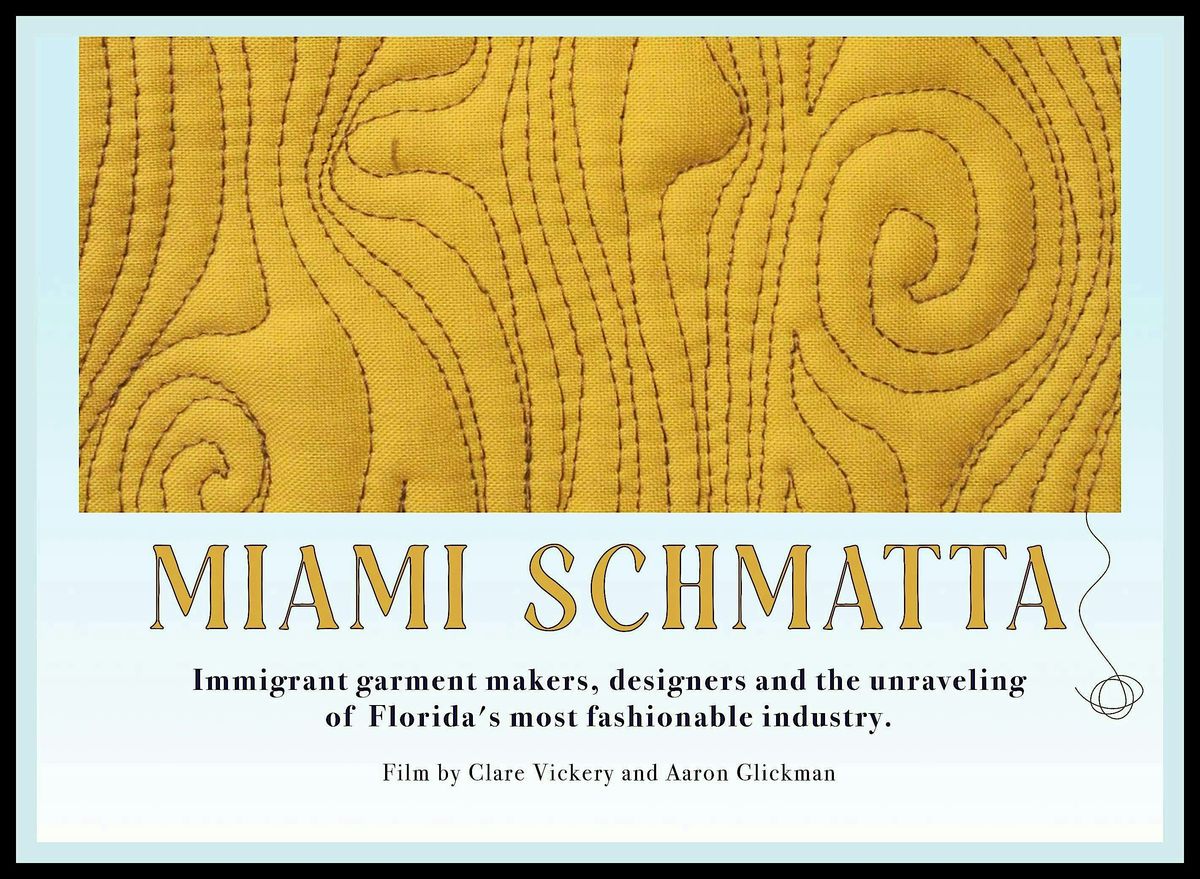
About this Event
The film features interviews with Miami business owners, tailors and fashion designers as it documents the industry’s golden years as a successful post-World War II industry, expansion through the 1980s and struggles amid shifting trade policies of the 1990s. A scaled-down garment industry endures in Miami despite challenges and labor shortages.
Several talented sewers and designers are interviewed who clothed Amercian presidents' wives, famous athletes and legendary coaches, as well as iconic fashion models, actors and television stars.
The special screening at the Savor Theater, funded in part by the Florida Humanities Council with Broward Cultural Division and The Community Foundation of Broward, features a panel with Miami historian, Dr. Paul George; Avi Hoffman, Hollywood and Broadway Actor and Jewish Cultural Archivist; with garment and fashion industry veterans and the filmmakers.
The era that launched the garment industry, making clothing essentials for a booming Florida, was a period where everybody took the opportunity to make things with their hands at all levels of manufacturing in factories of all sizes. Women across the U.S. made clothing with commercial patterns and sewing machines were found in many American homes. Wynwood transitioned from a white middle-class neighborhood beginning in the 1930's to a commercial district bustling with small businesses full of immigrant workers by the 1950's.
"Schmatta," Yiddish for rags, is part of the business jargon even today. Entire families fled Europe for a better life in the U.S. with the trades they were forced to work as Jews in used-clothing and jewelry. They made beautiful things for a new nation and prospered.
The Varat and Horenstein families hired Cubans and many other immigrants like them who fled persecution and civil wars in their home countries. Women and men from South American nations, despite their college training, made clothing in order to start-over in Miami.
Young men also came to America, children of tailors from the Middle East as battles broke out in Lebanon and Syria in the 1970's, to establish shops that persist even today.
The talented elders now teach a new generation the trade of making and tailoring clothing in the remaining ateliers and studios in Miami and Fort Lauderdale, and they are adjunct professors in professional schools, like Miami Dade College's Fashion Institute, established in Miami with the first waves of immigrants.
Labor struggles, foreign competition, federal trade policies meant to stem immigration, changing American tastes, and generational wealth impacted the clothing industry - not unlike many blue-collar and manufacturing sectors in America. A new smaller industry emerges in Florida with an eye towards innovation and supporting local workers. Interviews suggest A.I. and robotic assembly lines may not be able to supplant human-centric sewing at this time...but time will tell.
This free public event was funded in part by the Florida Humanities Council, Broward County Cultural Division and The Community Foundation of Broward County.
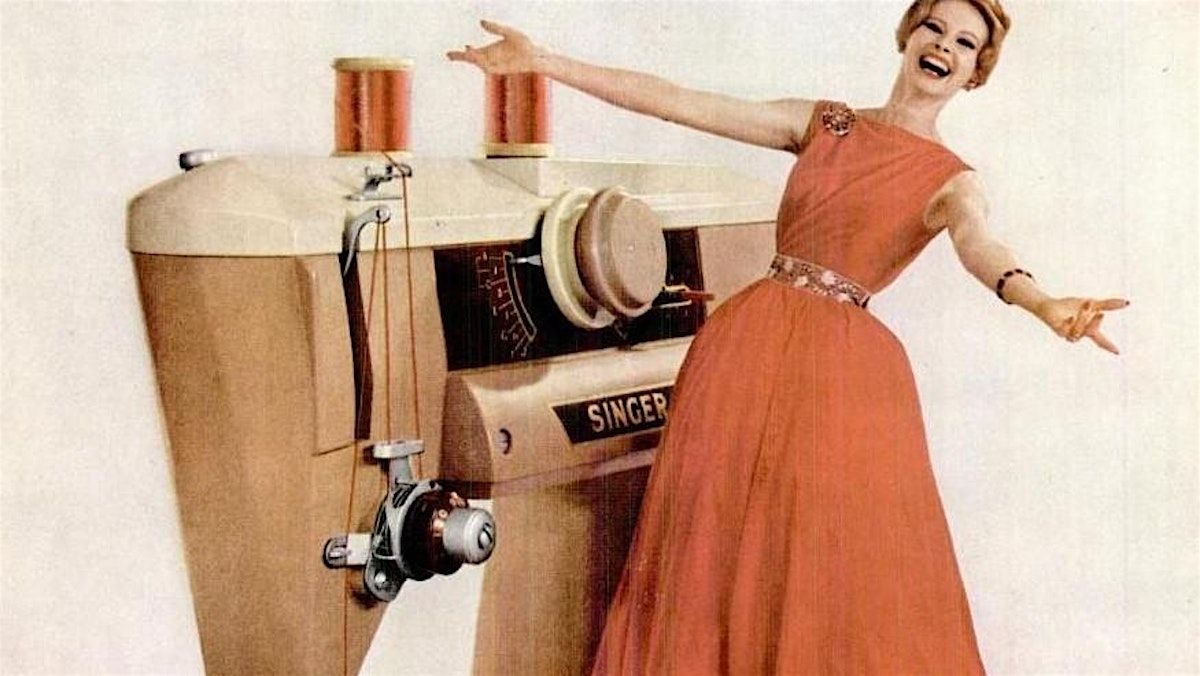
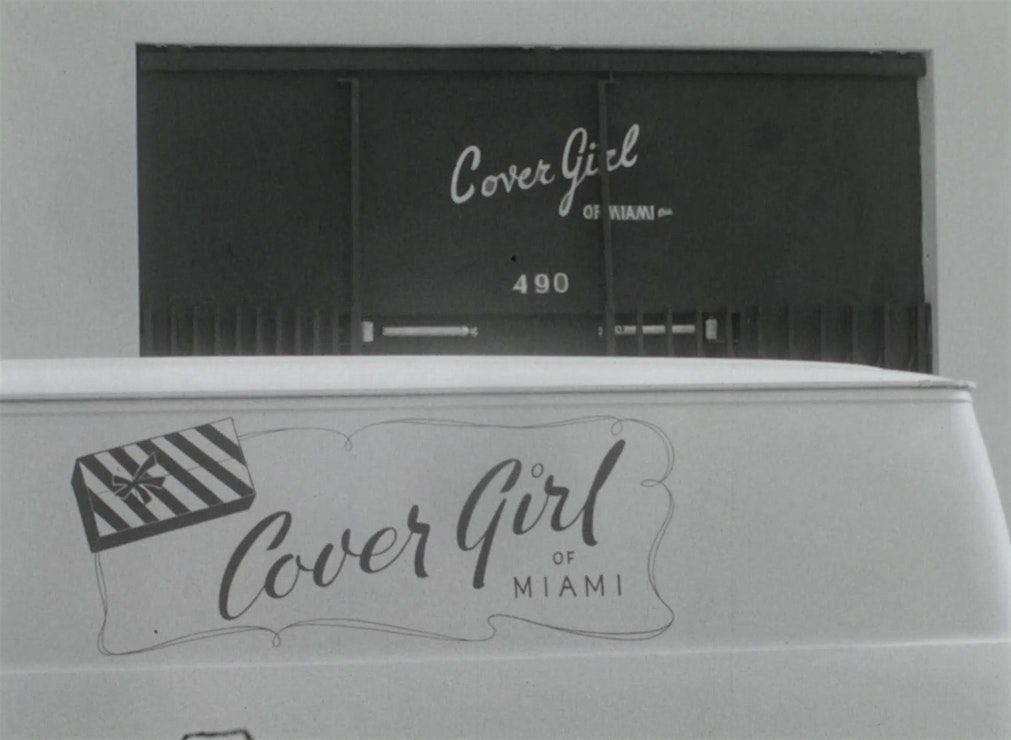
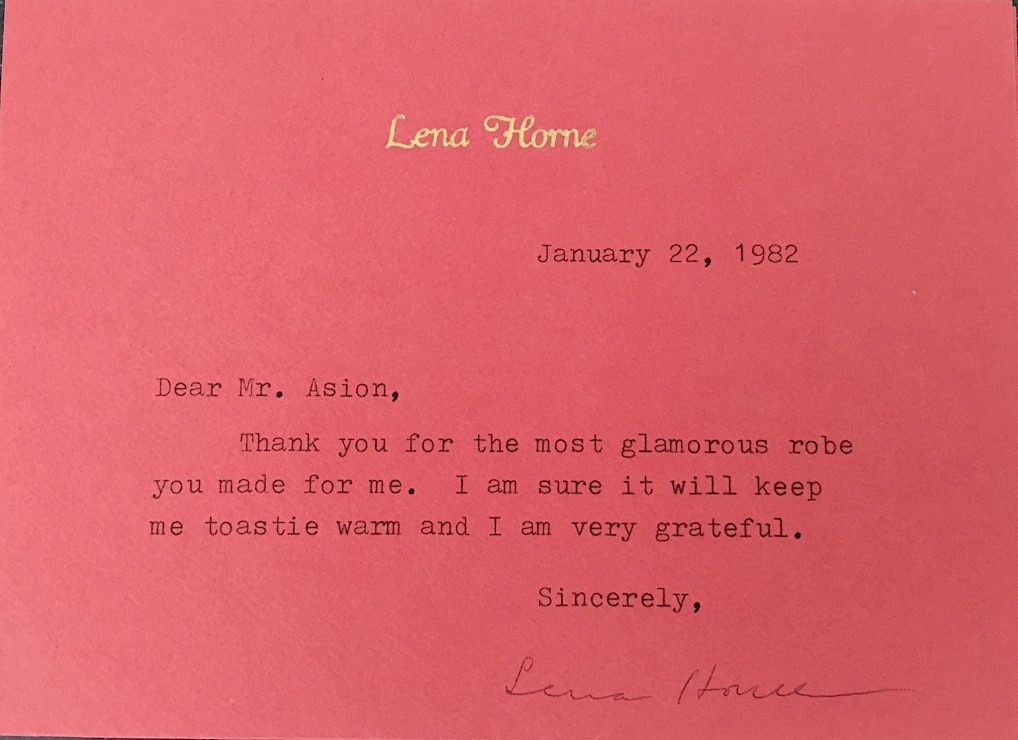
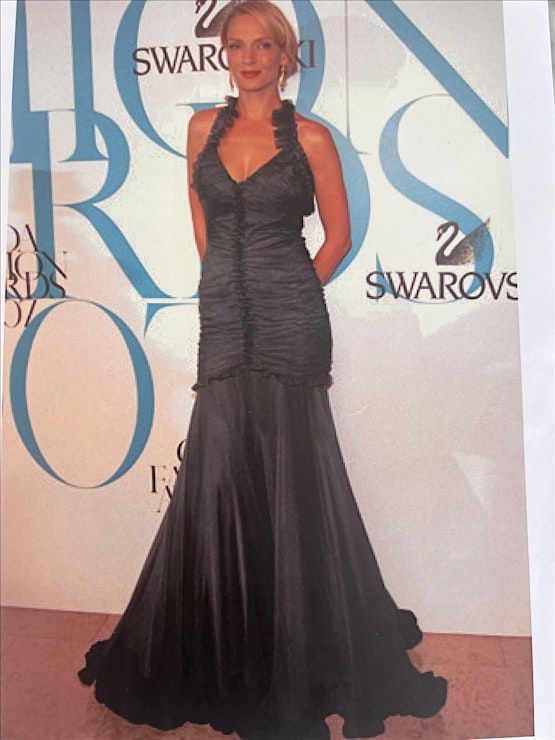
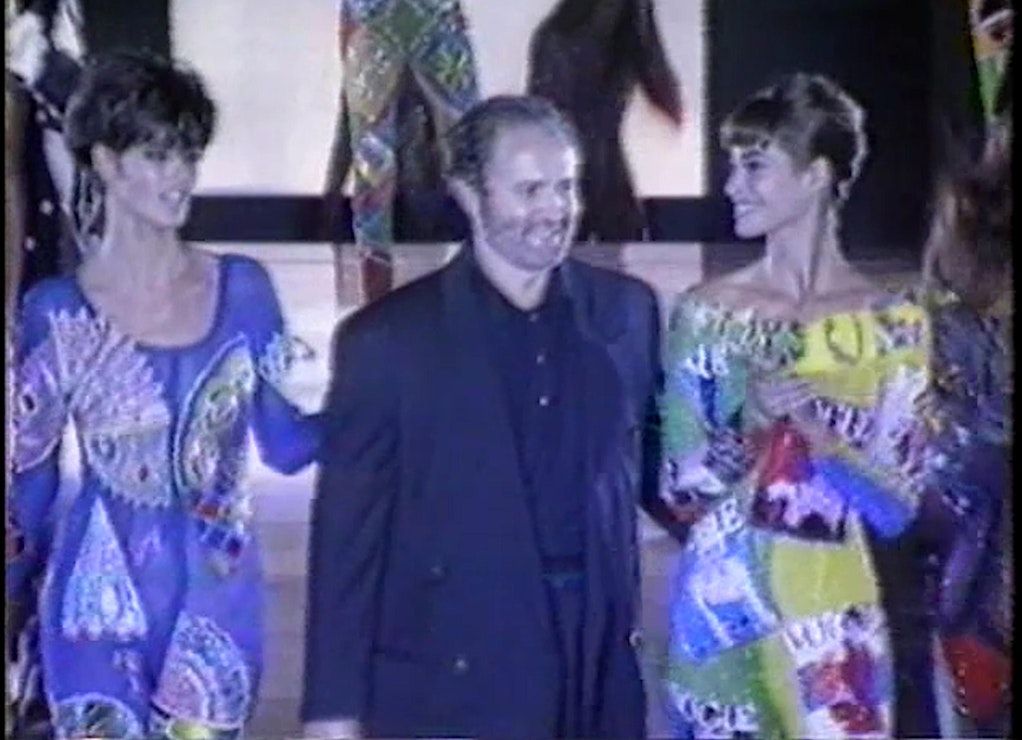
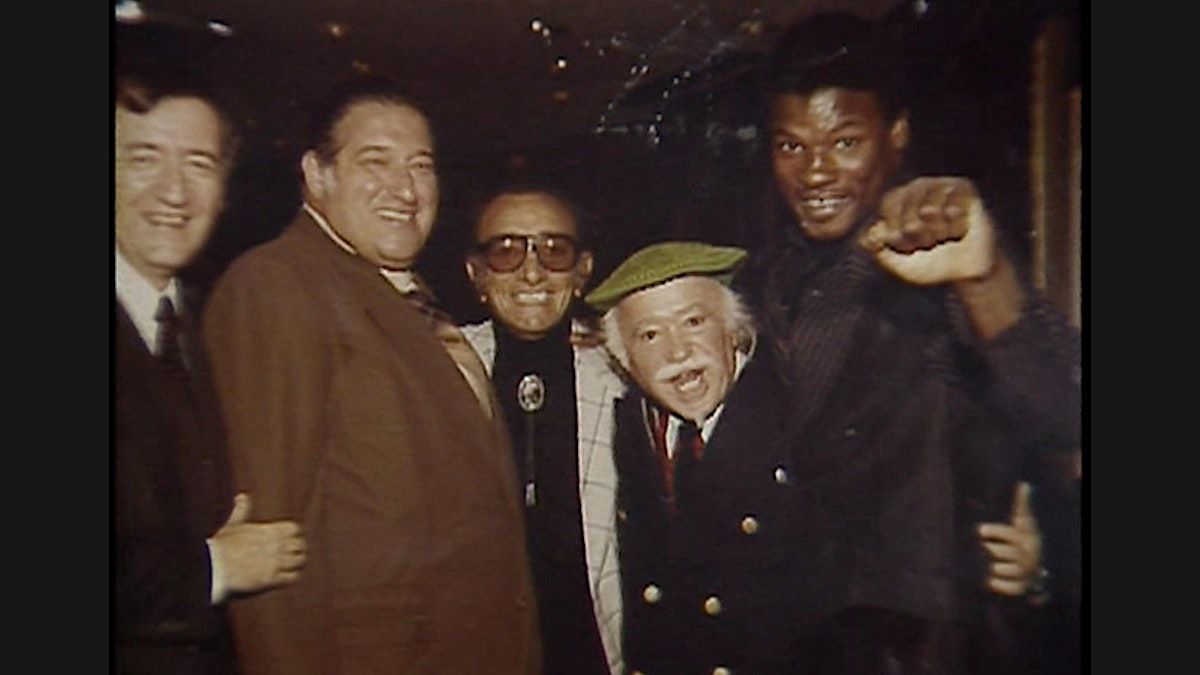
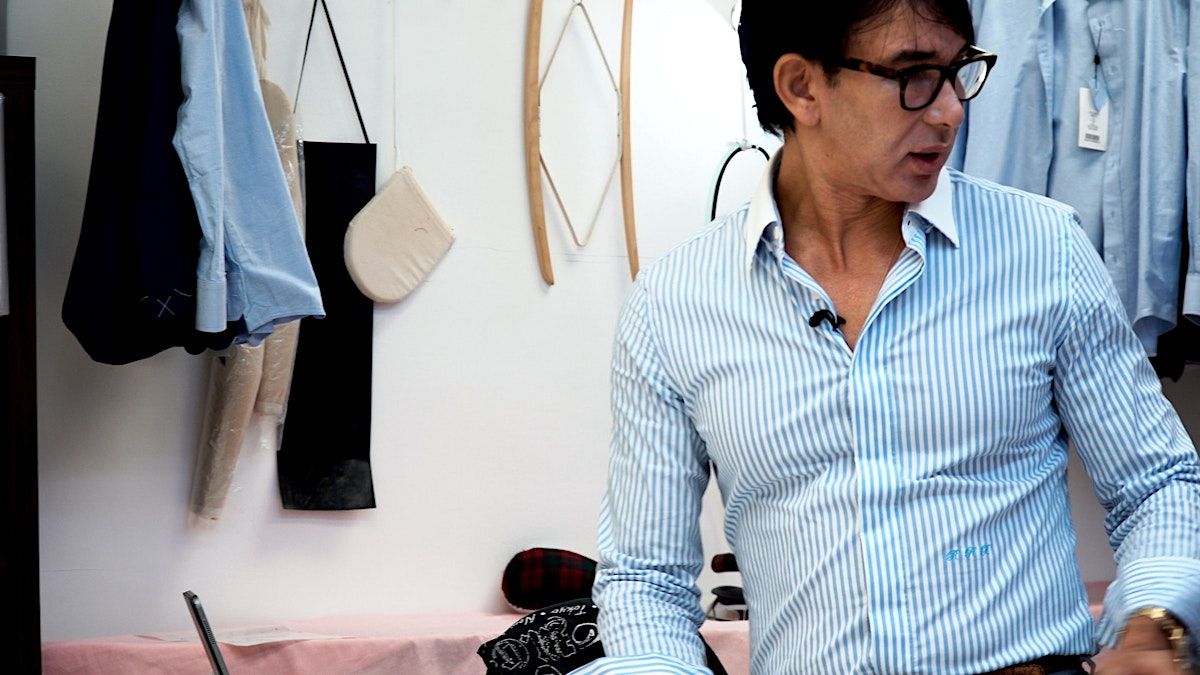
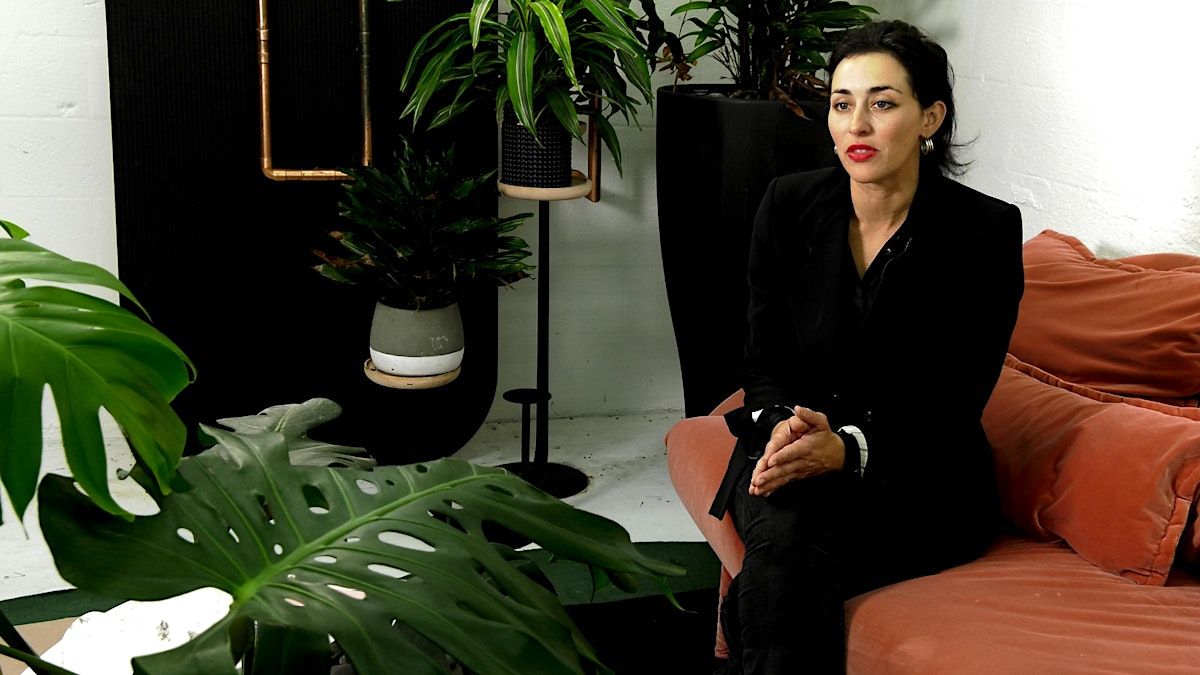
Agenda
🕑: 06:30 PM
Doors Open
🕑: 07:00 PM - 07:25 PM
Panel of Creatives, Clothiers and Historians
🕑: 07:30 PM - 08:20 PM
Film Screening
🕑: 08:30 PM - 08:50 PM
Q/A with Filmmakers
🕑: 09:00 PM
Closing and Depart
Info: Depart
Event Venue & Nearby Stays
Savor Cinema Fort Lauderdale, 503 Southeast 6th Street, Fort Lauderdale, United States
USD 0.00












